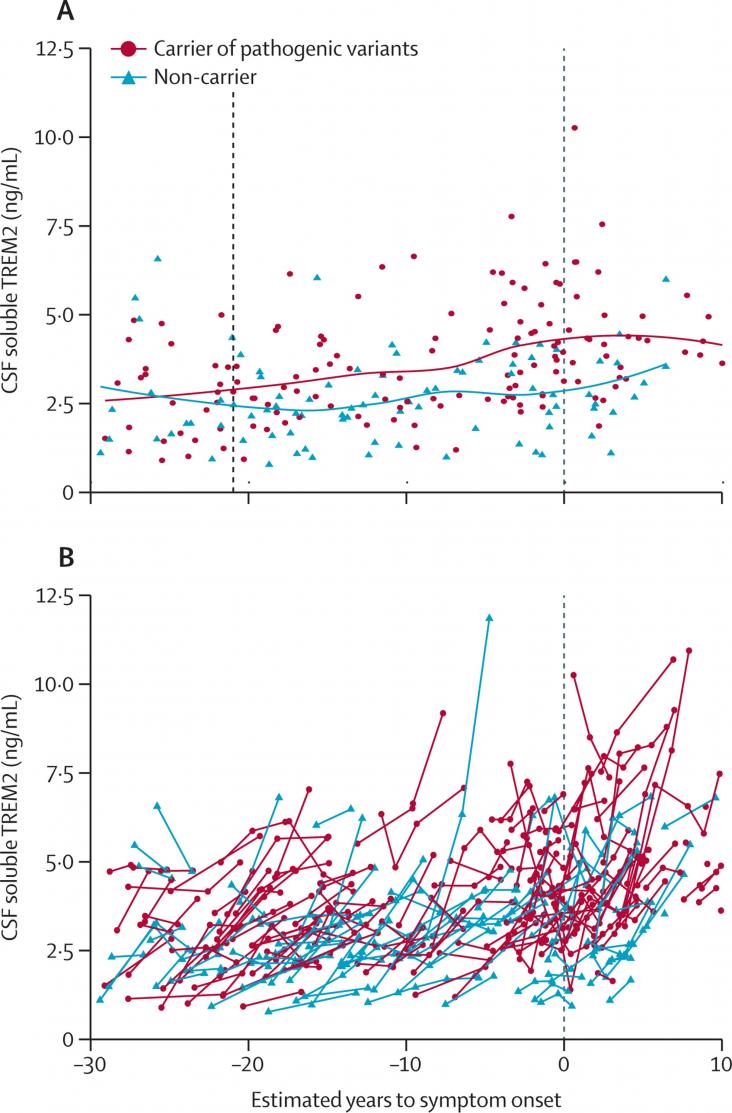An article on interventions for people with mild dementia, in the context of SDG 3, focusing specifically on the benefits and cost-effectiveness of the Journeying through Dementia intervention in England.
This article explores whether operations for carotid artery diseases reduce the risk of dementia.

An article on Alzheimer's disease progression, in the context of SDG 3, focusing specifically on the dynamics of soluble TREM2 and its association with amyloid and tau markers, neuroimaging features, and cognition.
An article on dementia risk, in the context of SDGs 3 and 10, focusing specifically on the association between ethnicity, socioeconomic deprivation, and dementia risk.
In vitro and in vivo studies showed that melatonin therapy is effective against AD. The emerging novel melatonin-based therapies are potential treatment options in AD.
Ukrainian Refugees' experience at Cancer Centers in Poland and Italy.
The Lancet Nigeria Commission supports SDG 3 by repositioning future health policy in Nigeria to achieve universal health coverage and better health for all, and presents the evidence to support a positive and realistic future for Nigeria.
This Viewpoint supports SDGs 3 and 16 by highlighting how mass incarceration contributes to structural racism and discussing how this exacerbates health inequalities. The authors focus on the COVID-19 pandemic as an example.
A review in support of SDGs 3 and 13, highlighting the need to link population-based mental health outcome databases to weather data for causal inference, and for greater collaborations between mental health providers and data scientists to guide the formation of clinically relevant research questions on climate change.

